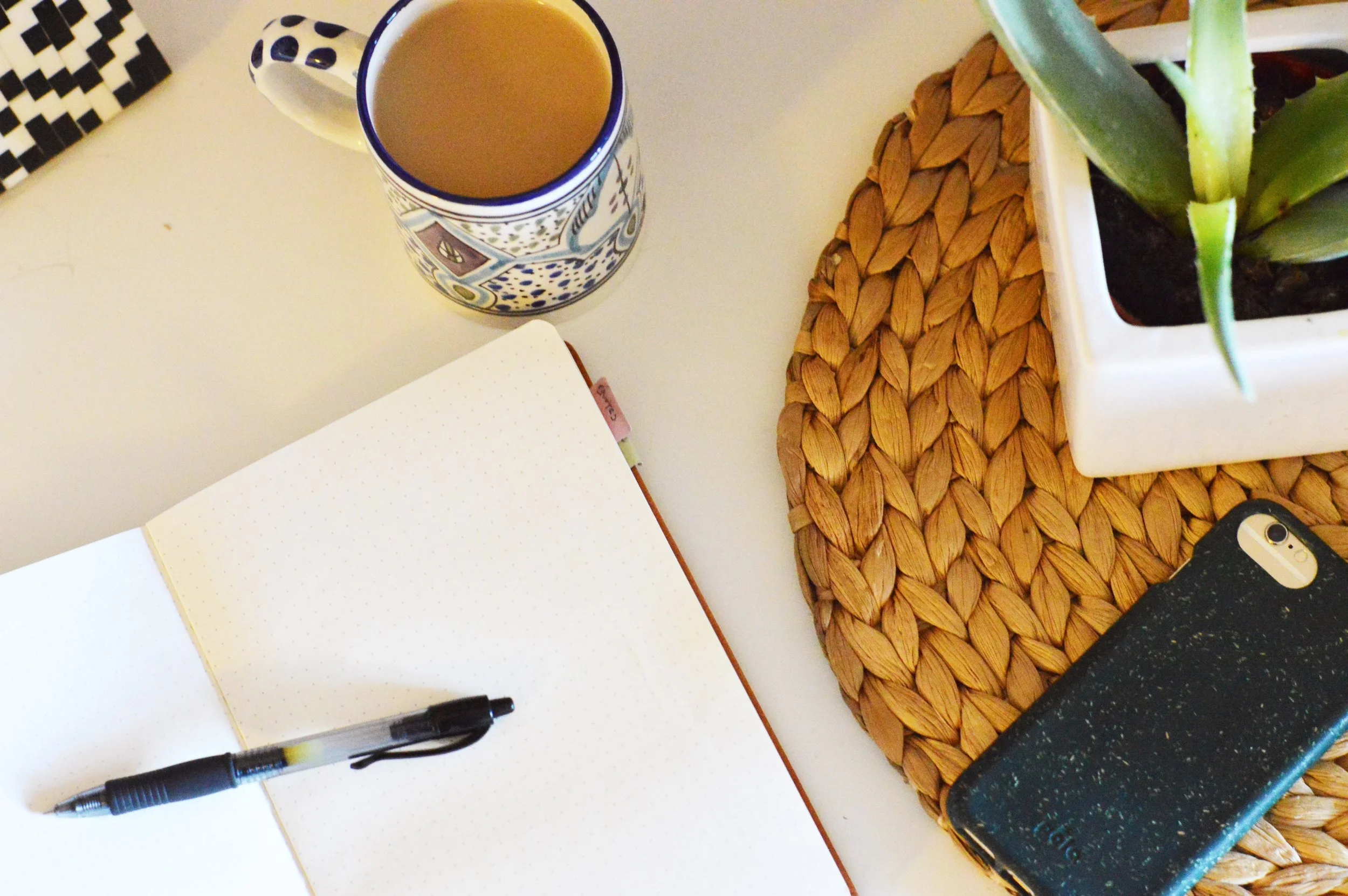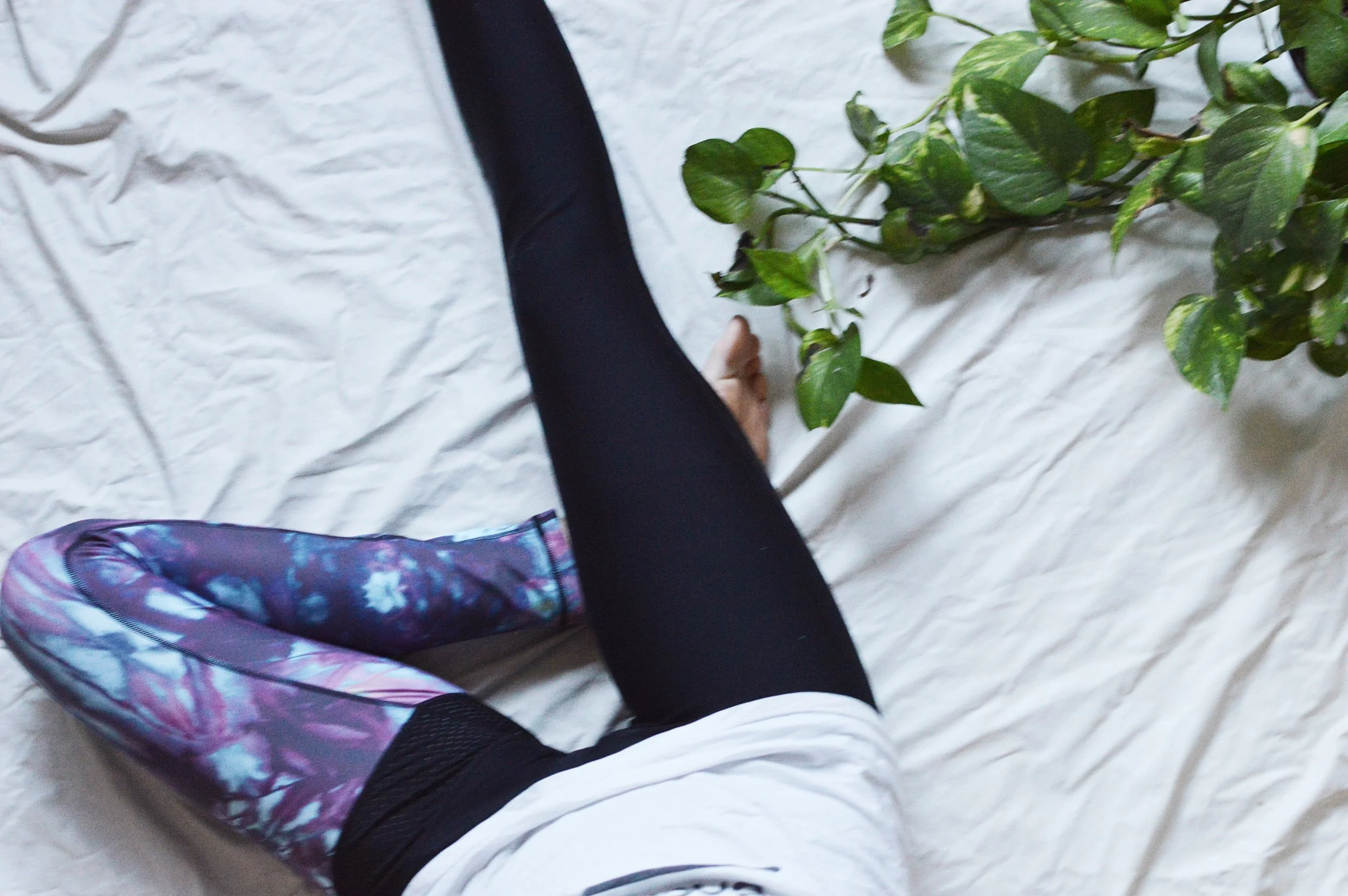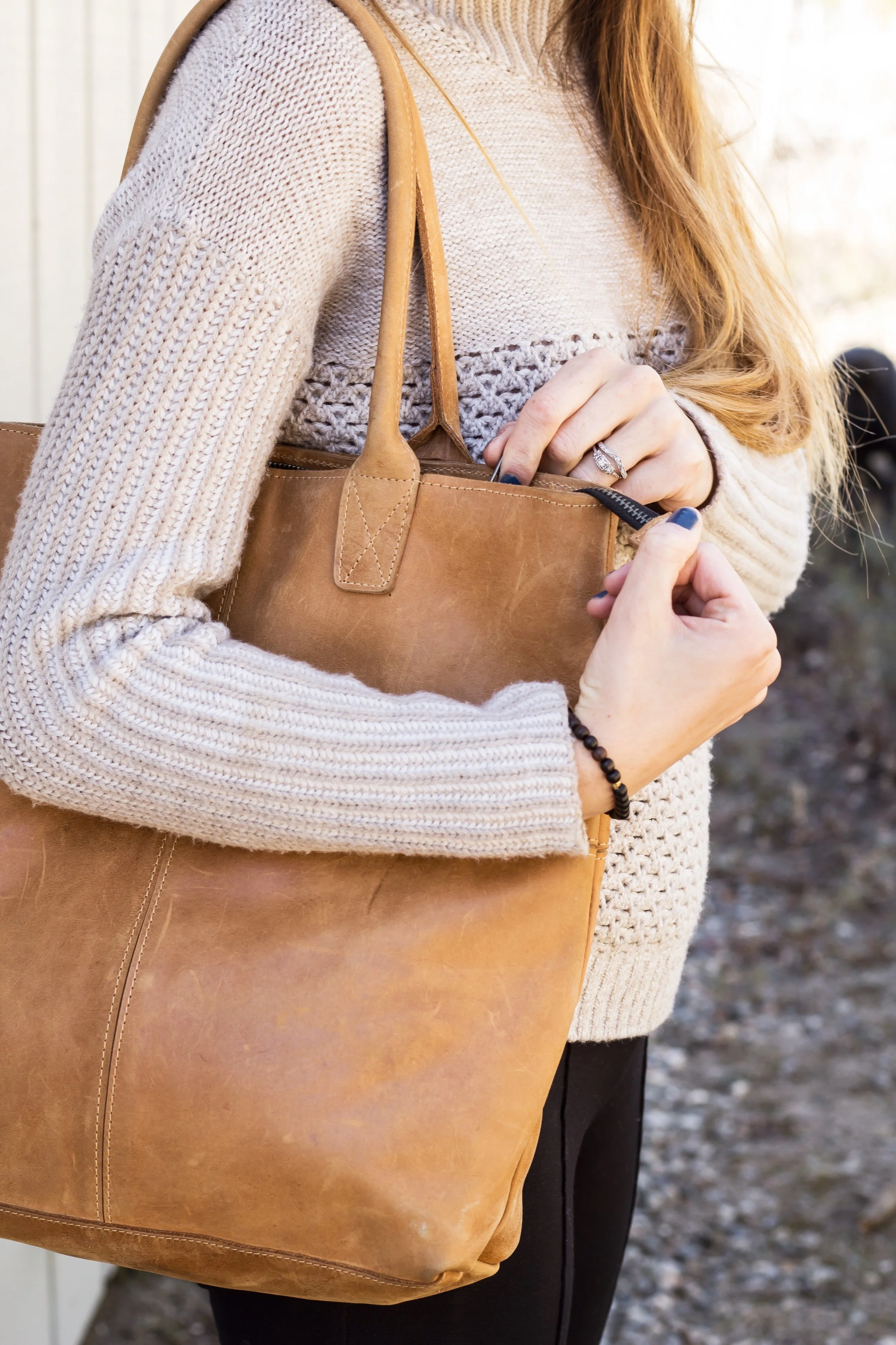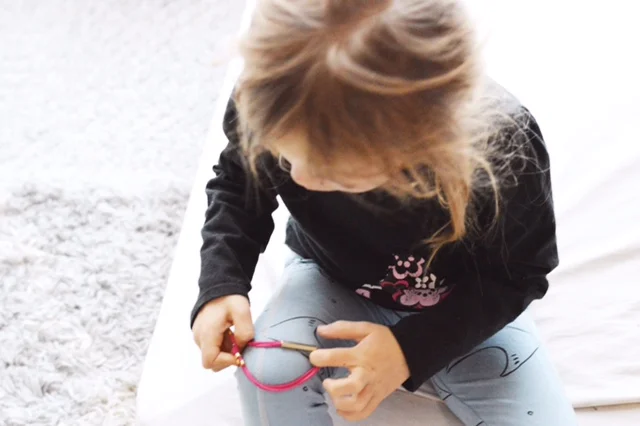I'll be completely honest: ever since we moved, I've found it incredibly difficult to prioritize sustainability in my day to day life. The act of moving to a new home is such a wasteful process in itself (the endless boxes and bubble wrap and back and forth and throwing away) that I essentially tossed the mindset, giving myself a bit of (necessary) grace until we slowly settled in our new home.
But how long does said "grace period" last? It's been nearly three months and although we're technically "settled," my mindset about my daily habits hasn't shifted much. If I'm being totally honest (which I like to be, mostly) I'm feeling abnormally unmotivated to put in the work it takes to downsize waste and live consciously. I feel like I'm in a bit of an "eco-slump" when it comes to things like recycling, plastic elimination, and everything else it takes to live sustainably.






